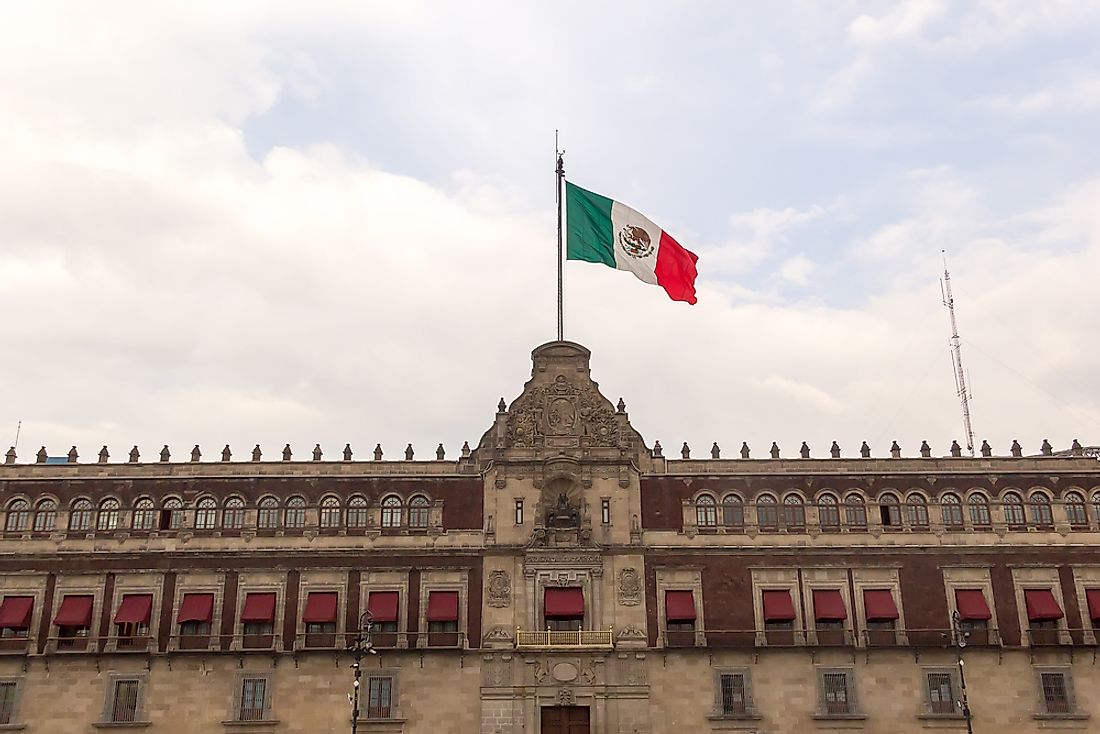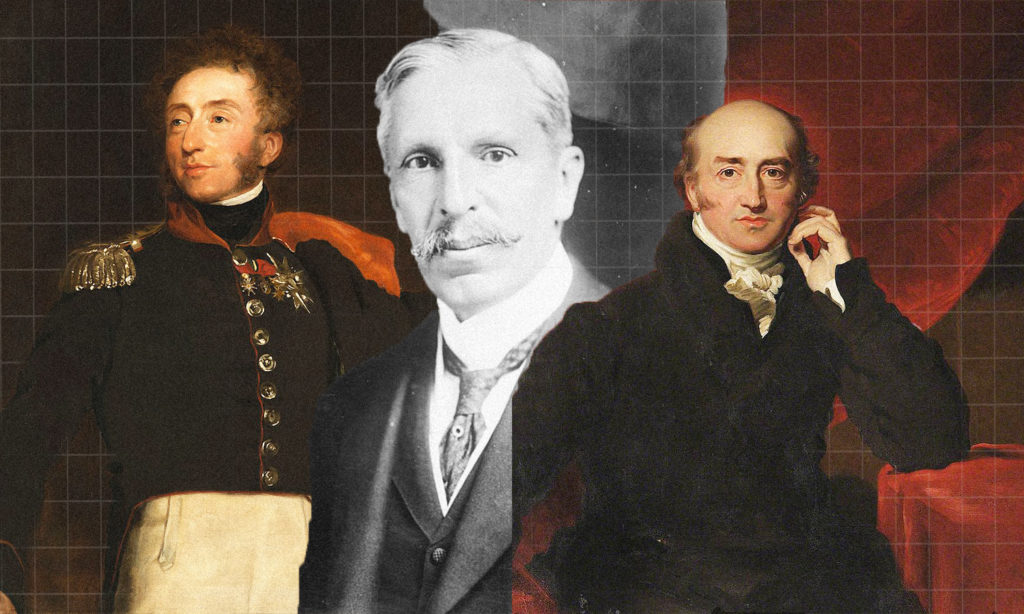Throughout history, the role of a president is often marked by significant achievements and long-lasting legacies. However, the title of "shortest serving president" belongs to a figure whose time in office was tragically brief yet historically significant. This article delves into the life, presidency, and legacy of William Henry Harrison, the shortest-serving president in U.S. history.
William Henry Harrison's presidency, though brief, has left an indelible mark on American history. His story is not only one of political ambition but also a poignant reminder of the unpredictability of life and the importance of preparation for leadership.
Understanding the "shortest serving president" requires an exploration of his background, the circumstances surrounding his election, and the events that led to his untimely death. By examining these elements, we can gain a deeper appreciation of his legacy and the lessons his story offers for future leaders.
Read also:Tupac And Diddy Relationship The Untold Story
Table of Contents
- Biography of William Henry Harrison
- Early Life and Military Career
- Political Career Before Presidency
- The Election of 1840
- The Shortest Presidency
- Cause of Death and Legacy
- Impact on American Politics
- Long-Term Effects of His Presidency
- Lessons from the Shortest Serving President
- Conclusion
Biography of William Henry Harrison
William Henry Harrison was born on February 9, 1773, in Charles City County, Virginia. He was the youngest of seven children in a prominent political family. His father, Benjamin Harrison V, was a signer of the Declaration of Independence and served as governor of Virginia. This early exposure to politics set the stage for Harrison's future career.
Personal Data
| Full Name | William Henry Harrison |
|---|---|
| Date of Birth | February 9, 1773 |
| Place of Birth | Charles City County, Virginia |
| Death | April 4, 1841 |
| Spouse | Anna Symmes Harrison |
| Children | 10 |
Early Life and Military Career
Harrison's early life was marked by education and military service. He attended Hampden-Sydney College and later studied medicine under Dr. Benjamin Rush in Philadelphia. However, his career path shifted when he joined the U.S. Army in 1791. His military career was distinguished by his leadership during the Northwest Indian War and the Battle of Tippecanoe.
His military achievements earned him a reputation as a capable leader, setting the foundation for his future political endeavors.
Political Career Before Presidency
Before becoming president, Harrison held several political offices. He served as the first governor of the Indiana Territory from 1801 to 1812, where he played a crucial role in expanding U.S. territory. Later, he was elected to the U.S. House of Representatives and the Senate, further cementing his political influence.
His political career was characterized by a commitment to expansionist policies and a strong belief in the rights of states.
The Election of 1840
The 1840 election was a landmark moment in American politics. Harrison, running as a Whig candidate, faced off against incumbent President Martin Van Buren. The campaign was notable for its use of slogans, such as "Tippecanoe and Tyler Too," and its focus on Harrison's military background.
Read also:Kay Flock Jail Pic The Untold Story And Comprehensive Analysis
Harrison's victory was a testament to the effectiveness of modern campaigning techniques and the appeal of his persona as a war hero.
The Shortest Presidency
Harrison's presidency began on March 4, 1841, with a historic inauguration speech that lasted over an hour in cold, wet weather. Tragically, this exposure led to his illness and subsequent death just 31 days later, making him the shortest-serving president in U.S. history.
Key Events During His Presidency
- Inauguration speech emphasized federal reform and limited government.
- Began assembling a cabinet but did not complete the process.
- Did not have the opportunity to implement major policies.
Cause of Death and Legacy
Harrison's death was officially attributed to pneumonia, although modern historians suggest it may have been caused by typhoid fever due to contaminated water. His passing marked the first time a U.S. president died in office, raising questions about presidential succession.
Harrison's legacy is often overshadowed by his brief tenure, but his impact on American politics and the development of the presidency cannot be understated.
Impact on American Politics
The "shortest serving president" left a lasting impact on American politics. His death prompted the first invocation of the 25th Amendment's provisions for presidential succession, setting a precedent for future administrations. Additionally, his Whig Party gained prominence during his campaign, influencing political dynamics for years to come.
Harrison's presidency also highlighted the importance of preparation for leadership and the need for contingency plans in government.
Long-Term Effects of His Presidency
The long-term effects of Harrison's presidency include changes in how presidential candidates are chosen and the increased scrutiny of health during campaigns. His death also led to reforms in the White House's living conditions and healthcare facilities.
Furthermore, his legacy as the "shortest serving president" serves as a reminder of the unpredictability of leadership and the importance of succession planning.
Lessons from the Shortest Serving President
Several lessons can be drawn from William Henry Harrison's presidency:
- Preparation for leadership is essential, even in the face of unexpected challenges.
- Health and wellness should be prioritized during campaigns and in office.
- Contingency plans for presidential succession are critical for maintaining stability in government.
Harrison's story continues to inspire discussions about leadership, legacy, and the responsibilities of those in power.
Conclusion
In conclusion, William Henry Harrison's presidency, though brief, left an indelible mark on American history. As the "shortest serving president," his legacy serves as a reminder of the importance of preparation, health, and succession planning in leadership. His impact on American politics and the development of the presidency continues to be felt today.
We invite you to share your thoughts and insights in the comments section below. Additionally, explore other articles on our site to learn more about American history and leadership. Together, we can continue to deepen our understanding of the past and its relevance to the present.
Data and information in this article are sourced from reputable historical records and scholarly articles, including works from the Library of Congress and the National Archives.


